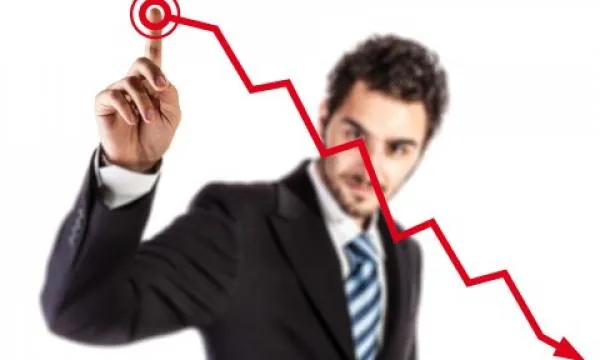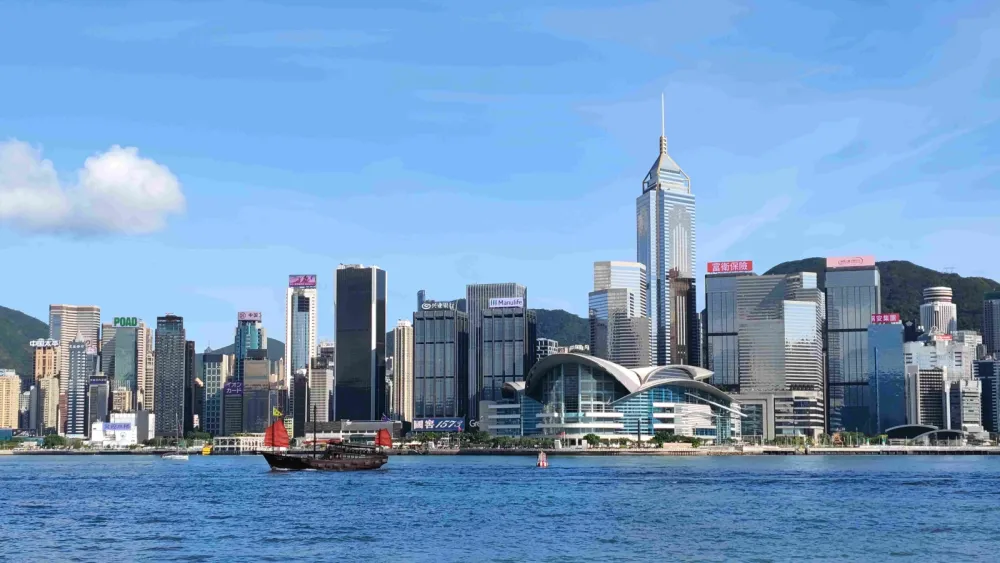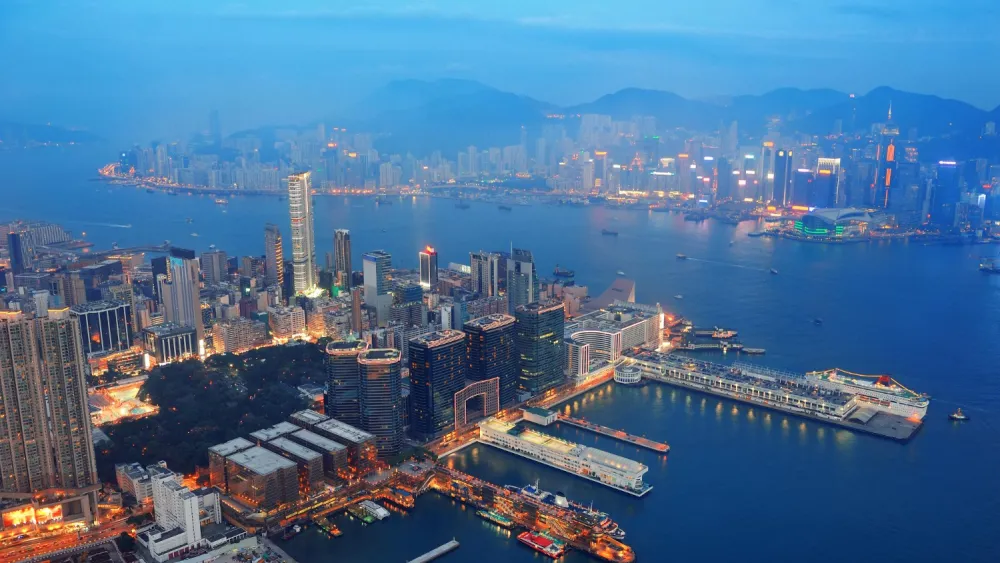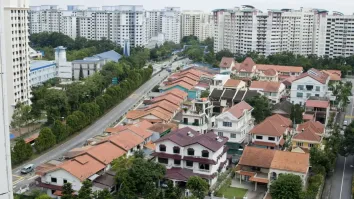
PMI hits 48.2 in January as trade war gloom persists
This is the tenth consecutive month of deterioating private business conditions.
Hong Kong’s private sector opened the year on dismal footing as the Purchasing Managers’ Index (PMI) rose to 48.2 in January amidst marked declines in export sales to mainland China, according to IHS Markit.
Also read: Trade jitters and bearish equities weigh heavily on Hong Kong's 2019 GDP growth forecast
In December 2018, the PMI closed at 48.0 as the latest headline figure marks the tenth consecutive month where business conditions deteriorated in the private sector.
The Nikkei Hong Kong PMI is a leading indicator of economic health to gauge business conditions in the private sector. PMI readings below 50 represent an economic contraction.
According to Nikkei, the US-China trade war continues to be the key factor of its decline prompting firms to continue decreasing purchasing and hiring activities. “Given flagging Chinese demand, the outlook for Hong Kong’s private sector continues to darken. Business sentiment remained negative, as signalled by the Future Output Index. Firms trimmed staff numbers further and cut back on purchasing activity,” said Bernard Aw, principal economist at IHS Markit.
Also read: Trade war could hit half a percentage point of Hong Kong GDP: official
It also signalled moderate inflationary pressures in the private sector economy as the rise in input costs hit its highest rate in seven months. Firms also raised output charges, albeit at a marginal rate.
Businesses have a negative outlook for the year-ahead with the Future Output Index below 50.0 because of weaker economic conditions and greater competition.
On a lighter note, stocks of purchases grew for a first time in over a year amidst a decline in buying activities.



















 Advertise
Advertise







